North Korean Manmade Earthquake Reshapes the World
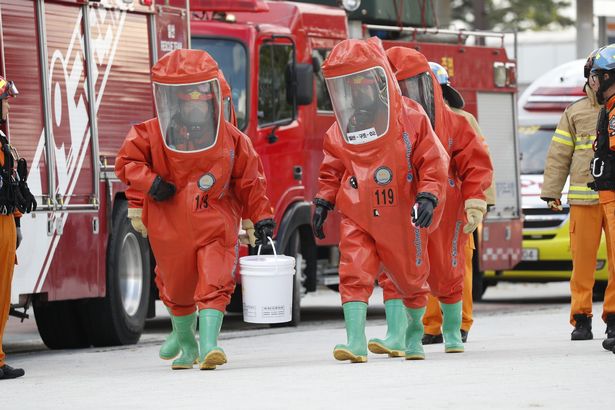
South Korean decontamination crews rehearsing for the worst. (Reuters)
It was one of those days. After waking up and making coffee, I scrolled through the top stories on my iPad’s “News” icon. North Korea was in the spotlight - again.
Jonathan Cheng, The Wall Street Journal's Seoul bureau chief and a friend, had written an article about North Korea and its claims of developing an “advanced hydrogen bomb.” It sounded alarming, but not surprising, I thought to myself. Maybe it wasn’t even true. As Mr. Cheng pointed out, the claims “couldn’t be immediately verified.”
Hopefully, this was just more posturing from Kim Jong-un.
A few hours later, however, breaking news on BBC, CNN, USA Today, Reuters, NY Times, Wall Street Journal, and probably every other news outlet on the planet, had confirmed the worst. A manmade “earthquake” had occurred in a remote, mountainous region of North Korea. Kim Jong-un wasn’t bluffing after all.
By that afternoon, detailed reports of the DPRK’s successful test of a hydrogen bomb filled the news. I had planned to have dinner that evening with Jonathan and emailed him letting him know that, considering what was happening and that he’d already written two front-page articles, we could reschedule.
“Yes, crazy today,” he responded. But he was still up for dinner.
At around 6pm, my wife and I left our apartment and headed to Hapjeong, a part of town filled with restaurants, coffee shops, bars, and quaint stores. After a fifteen-minute subway ride, we arrived, and walking through the district’s bustling streets, saw young couples holding hands, delivery men darting on mopeds through traffic, groups of tourists taking pictures, and people eating Korean barbecue and drinking soju. It was business as usual.
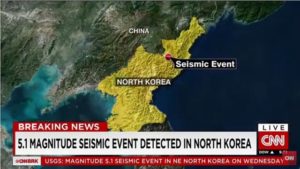 Meanwhile, Americans on the East coast were waking up to more bad news about North Korea.
Meanwhile, Americans on the East coast were waking up to more bad news about North Korea.
Eating sushi and discussing the repercussions of the day’s events, we tried to predict Trump’s and Kim Jong-un’s next moves and how a decision made on either side of the Pacific could affect the world and us - expats living in South Korea. It didn’t take long to draw the conclusion, as I suspect many people have, that (as cliche as it sounds) there are no good options on the table for the US, South Korea, or Japan. It’s really anyone’s guess as to what will happen in the coming weeks and months, but for the time being we feel safe in Seoul.
Kim Jong-un has nuclear weapons but no reason to use them. That defeats the purpose. If you’re trying to blackmail the world, you can’t throw away what makes it possible, and Kim, only 32, wants to rule his country for a long time. If he dares play his nuclear hand, Trump’s “fire and fury” will become much more than rhetoric.
But there’s no doubt that despite South Korean citizens' seemingly nonchalant attitude about the day's events, both the ROK and the US governments are taking North Korea’s actions seriously. Tensions are high on the Korean peninsula, and no one can afford to make a mistake or be unprepared.
We, the American people and our leaders, also can’t afford to alienate our allies.
Maybe it’s time to remember the famous words, “United we stand, divided we fall.” Kim Jong-un is watching . . .
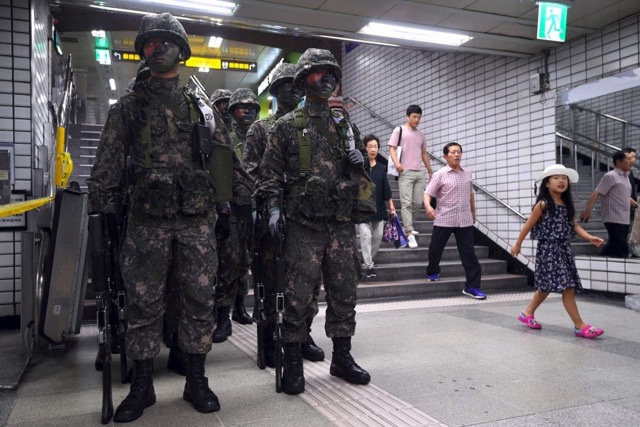
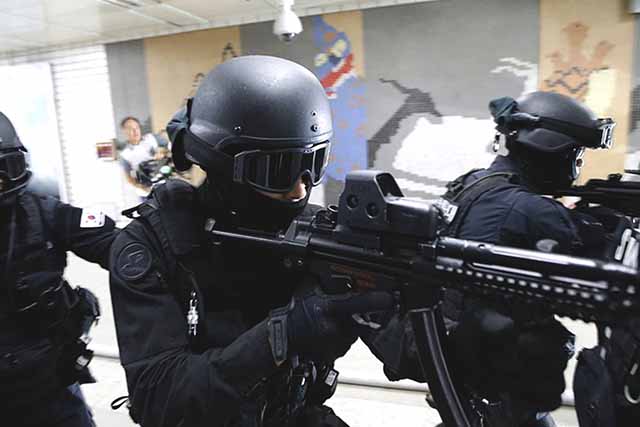
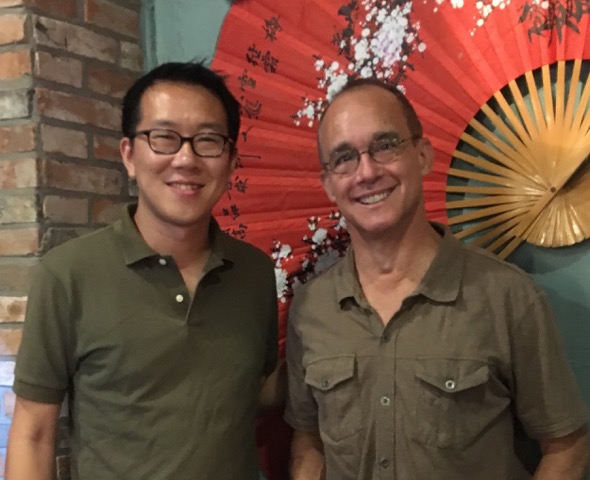
Featured image photo credit: South Korea, in response to North Korea’s hydrogen bomb test, conducted a live-fire exercise on Monday. (AFP/Getty Images)